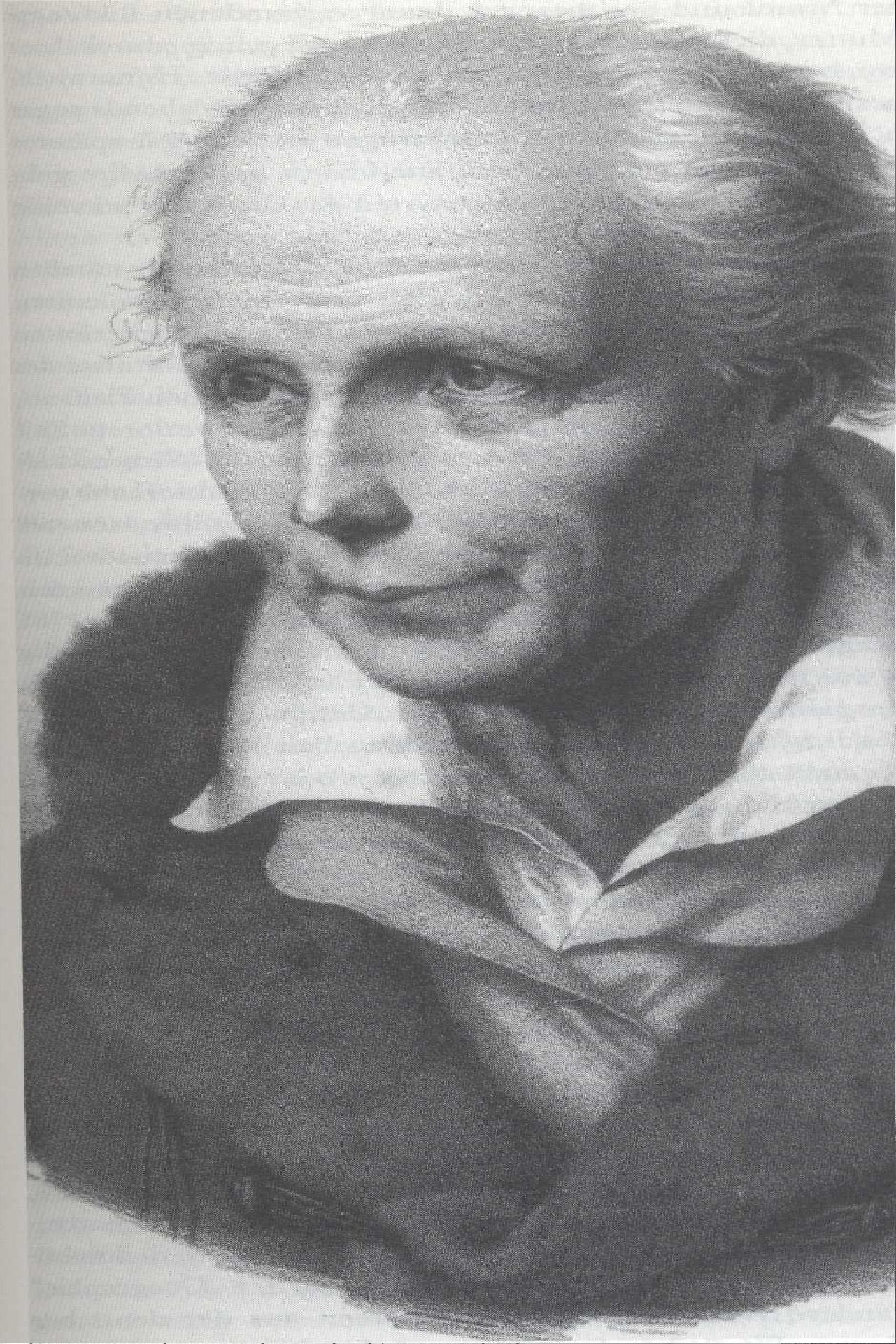Konrad Mannert on:
[Wikipedia]
[Google]
[Amazon]
 Konrad Mannert (April 17, 1756 – September 27, 1834) was a
Konrad Mannert (April 17, 1756 – September 27, 1834) was a
 Konrad Mannert (April 17, 1756 – September 27, 1834) was a
Konrad Mannert (April 17, 1756 – September 27, 1834) was a Prussian
Prussia (; ; Old Prussian: ''Prūsija'') was a German state centred on the North European Plain that originated from the 1525 secularization of the Prussian part of the State of the Teutonic Order. For centuries, the House of Hohenzoll ...
historian
A historian is a person who studies and writes about the past and is regarded as an authority on it. Historians are concerned with the continuous, methodical narrative and research of past events as relating to the human species; as well as the ...
and geographer
A geographer is a physical scientist, social scientist or humanist whose area of study is geography, the study of Earth's natural environment and human society, including how society and nature interacts. The Greek prefix "geo" means "earth" a ...
.
Mannert was born in Altdorf bei Nürnberg
Altdorf bei Nürnberg ( , ; ) is a town in south-eastern Germany. It is situated east of Nuremberg, in the district Nürnberger Land. Its name literally means “Altdorf near Nuremberg”, to distinguish it from other Altdorfs.
History
Altdorf ...
, where he did his studies. In 1784 he became a teacher at the Sebaldusschule in Nuremberg
Nuremberg (, ; ; in the local East Franconian dialect: ''Nämberch'' ) is the Franconia#Towns and cities, largest city in Franconia, the List of cities in Bavaria by population, second-largest city in the States of Germany, German state of Bav ...
, and in 1788 at the Ägidiusgymnasium there. In 1796 he became professor of history at the University of Altdorf
The University of Altdorf () was a university in Altdorf bei Nürnberg, a small town outside the Free Imperial City of Nuremberg. It was founded in 1578 and received university privileges in 1622 and was closed in 1809 by Maximilian I Joseph of Ba ...
, in 1805 at the University of Würzburg
The Julius Maximilian University of Würzburg (also referred to as the University of Würzburg, in German ''Julius-Maximilians-Universität Würzburg'') is a public research university in Würzburg, Germany. Founded in 1402, it is one of the ol ...
, in 1807 at the Ludwig Maximilian University of Munich
The Ludwig Maximilian University of Munich (simply University of Munich, LMU or LMU Munich; ) is a public university, public research university in Munich, Bavaria, Germany. Originally established as the University of Ingolstadt in 1472 by Duke ...
(then in Landshut
Landshut (; ) is a town in Bavaria, Germany, on the banks of the Isar, River Isar. Landshut is the capital of Lower Bavaria, one of the seven administrative regions of the Free state (government), Free State of Bavaria, and the seat of the surrou ...
), and from 1826 at the same university in its new location in Munich
Munich is the capital and most populous city of Bavaria, Germany. As of 30 November 2024, its population was 1,604,384, making it the third-largest city in Germany after Berlin and Hamburg. Munich is the largest city in Germany that is no ...
. He died in Munich in 1834. His historical work was known in particular for its focus on studying primary source
In the study of history as an academic discipline, a primary source (also called an original source) is an Artifact (archaeology), artifact, document, diary, manuscript, autobiography, recording, or any other source of information that was cre ...
s.
Works
* ''Kompendium der deutschen Reichsgeschichte'', Nuremberg, 1803 – Compendium of German Reich history. * ''Älteste Geschichte Bojariens'', Sulzbach, 1807 – Oldest Bojarian history. * ''Kaiser Ludwig IV.'', Landshut, 1812 –Emperor Louis IV
Louis IV (; 1 April 1282 – 11 October 1347), called the Bavarian (, ), was King of the Romans from 1314, King of Italy from 1327, and Holy Roman Emperor from 1328 until his death in 1347.
20 October 1314 imperial election, Louis' election a ...
* ''Geographie der Griechen und Römer'', Nuremberg, 1795–1825, 10 volumes – Geography of the Greeks and Romans.
* ''Tabula Peutingeriana'', Munich, 1824 – Tabula Peutingeriana
' (Latin Language, Latin for 'The Peutinger Map'), also known as Peutinger's Tabula, Peutinger tablesJames Strong (theologian) , James Strong and John McClintock (theologian) , John McClintock (1880)"Eleutheropolis" In: ''The Cyclopedia of Bibli ...
.
* ''Geschichte Bayerns'', Leipzig, 1826, 2 volumes – Bavarian history.
* ''Geschichte der alten Deutschen, besonders der Franken'', Stuttgart, 1829–1832, 2 volumes – History of the ancient Germans, especially the Franks
file:Frankish arms.JPG, Aristocratic Frankish burial items from the Merovingian dynasty
The Franks ( or ; ; ) were originally a group of Germanic peoples who lived near the Rhine river, Rhine-river military border of Germania Inferior, which wa ...
.
References
* {{DEFAULTSORT:Mannert, Konrad 1756 births 1834 deaths People from Altdorf bei Nürnberg 18th-century German historians German geographers Academic staff of the University of Altdorf Academic staff of the University of Würzburg Academic staff of the Ludwig Maximilian University of Munich German male non-fiction writers 19th-century German historians Historians from the Kingdom of Prussia